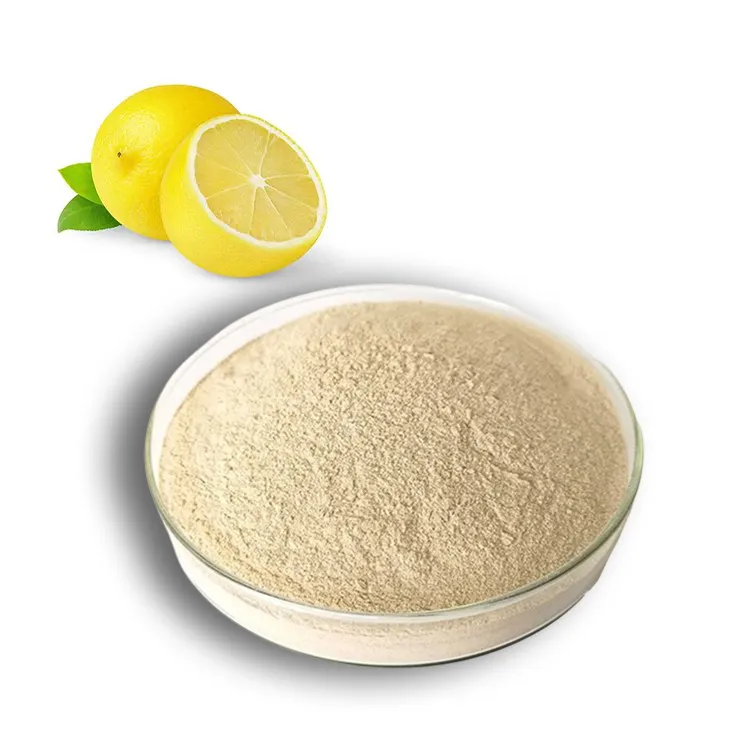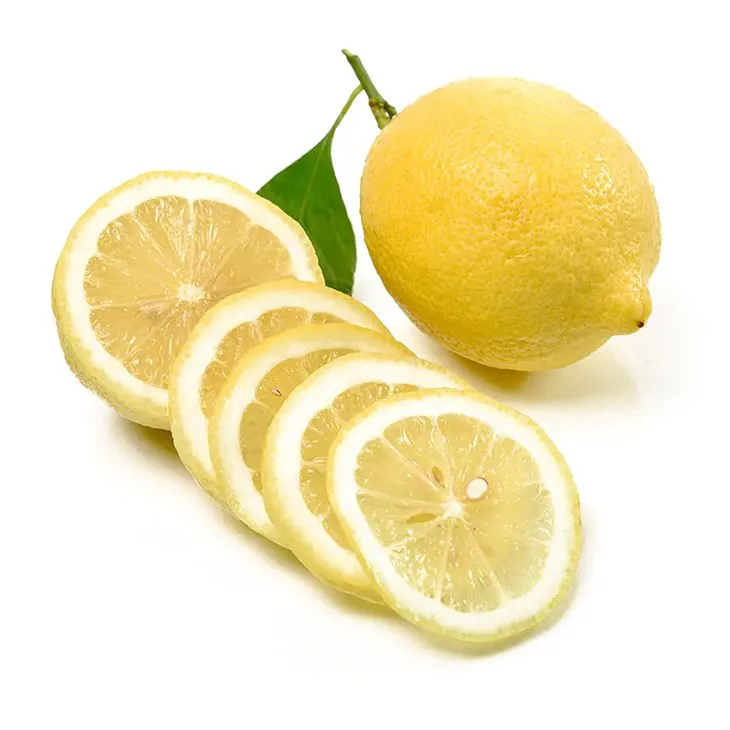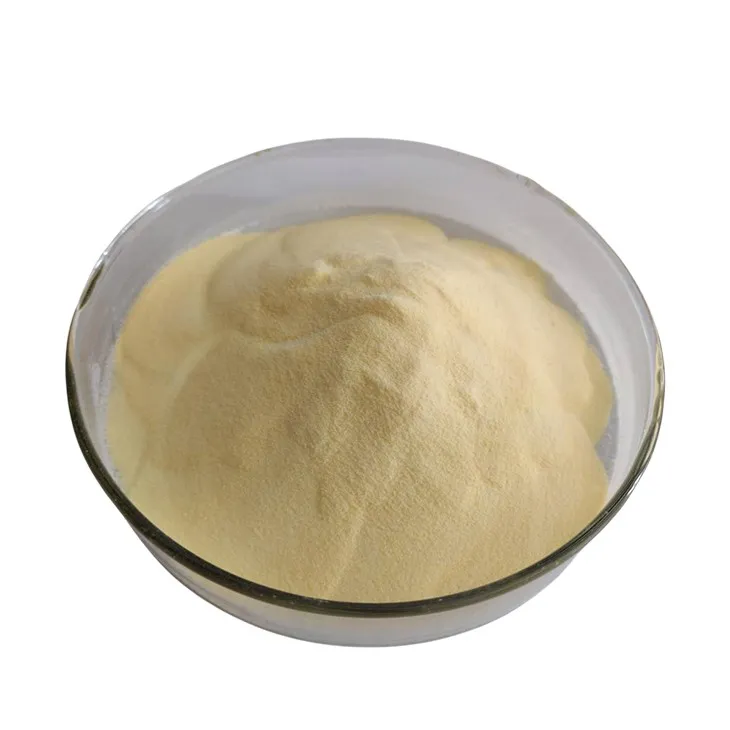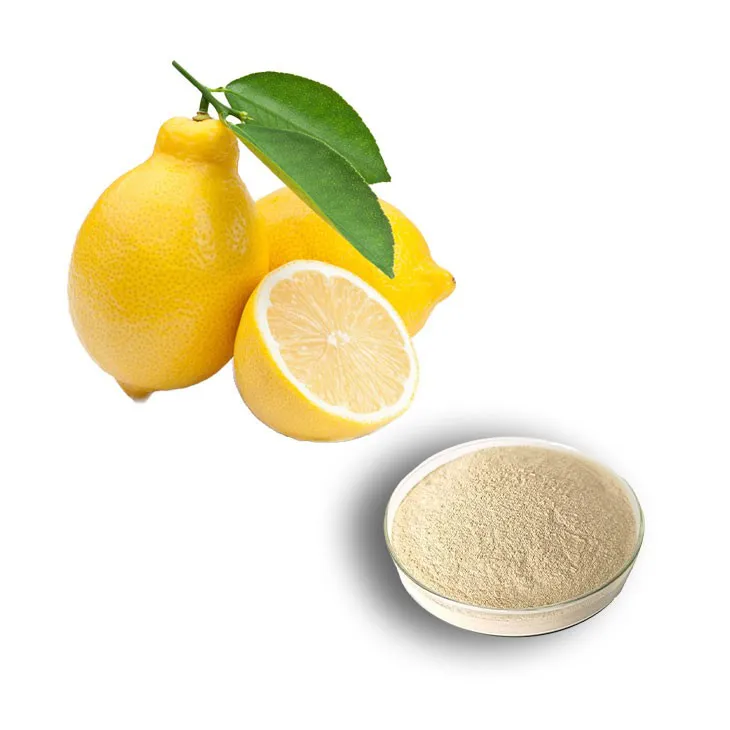- 0086-571-85302990
- sales@greenskybio.com
The process of extracting limonene from lemon extract.
2024-11-27

1. Introduction
Lemonene is a valuable natural compound found in Lemon Extract. It has various applications in the food, perfume, and pharmaceutical industries. The extraction process is crucial to obtain pure limonene from the complex mixture present in Lemon Extract. This article will discuss in detail the different steps and techniques involved in extracting limonene from Lemon Extract.

2. Pretreatment of Lemon Extract
2.1 Filtration
Before the actual extraction of limonene, the lemon extract needs to be pretreated. One of the common pretreatment steps is filtration. Lemon extract usually contains solid impurities such as pulp particles, cell debris, etc. These impurities can interfere with the extraction process and may contaminate the final product. Filtration helps to remove these solid particles. There are different types of filtration methods that can be used. For example, gravity filtration can be employed for larger particles. In this method, the lemon extract is simply poured through a filter paper placed in a funnel. The liquid passes through the filter paper while the solid particles are retained. Another option is vacuum filtration, which is more efficient for finer particles. Here, a vacuum is applied to speed up the filtration process. By removing the solid impurities through filtration, we can ensure a cleaner starting material for the subsequent extraction steps.
3. Extraction Methods
3.1 Steam Distillation
- Steam distillation is a widely used method for extracting limonene from lemon extract. The principle behind this method is based on the volatility of limonene. Limonene is a volatile compound, and when steam is passed through the lemon extract, it vaporizes along with the steam.
- The process begins by heating water to produce steam. This steam is then introduced into the container holding the lemon extract. As the steam passes through the extract, it forms an intimate mixture with the volatile components, including limonene. The steam - limonene mixture then exits the extraction vessel and is led to a condenser.
- In the condenser, the steam - limonene mixture is cooled down. The steam condenses back to water, while limonene, which has a different boiling point, remains in the vapor phase for a longer time. As a result, limonene can be separated from the condensed water. This separation can be further enhanced by using a separating funnel. The limonene, being less dense than water, will form a layer on top of the water, allowing for easy collection.
3.2 Liquid - Liquid Extraction
- Liquid - liquid extraction is another alternative for extracting limonene from lemon extract. In this method, we make use of the fact that limonene has different solubility properties compared to other components in the lemon extract. An immiscible solvent pair is selected for this extraction.
- The lemon extract is mixed with the selected solvent. Limonene will partition between the two phases (the lemon extract phase and the solvent phase) based on its chemical affinity for each phase. For example, if we choose a non - polar solvent like hexane, limonene, which is also relatively non - polar, will preferentially partition into the hexane phase. This is because "like dissolves like" in terms of chemical solubility.
- After thorough mixing, the two phases are allowed to separate. This can be achieved by simply leaving the mixture to stand for a while. The two immiscible phases will form distinct layers, and the layer containing the limonene - rich solvent can be carefully removed for further processing. This method offers an advantage in terms of selectivity, as it can target the extraction of limonene based on its solubility characteristics.

4. Purification of Limonene
4.1 Crystallization
- Once limonene has been extracted, it is often necessary to purify it further. Crystallization is one of the methods used for this purpose. The principle of crystallization is based on the fact that substances tend to form crystals under certain conditions when their solubility is reduced.
- The limonene - rich solution obtained from the extraction step is subjected to conditions that promote crystallization. This may involve cooling the solution or evaporating some of the solvent. As the solubility of limonene decreases, it starts to form crystals. These crystals can be separated from the remaining solution by filtration. The purity of the limonene obtained through crystallization can be quite high, as impurities are left behind in the mother liquor.
- However, the success of crystallization depends on several factors, such as the purity of the starting material, the rate of cooling or evaporation, and the presence of any impurities that may act as crystal inhibitors. Careful control of these factors is essential to obtain high - quality limonene crystals.
4.2 Fractional Distillation
- Fractional distillation is another important method for purifying limonene. This method is based on the difference in boiling points between limonene and other components present in the extract.
- The limonene - containing mixture is heated in a fractionating column. As the mixture is heated, the components with lower boiling points vaporize first. The vapor rises up the fractionating column, where it undergoes multiple condensation and re - vaporization cycles. This process helps to separate the components based on their boiling points. Since limonene has a specific boiling point, it can be collected as a relatively pure fraction at a particular temperature range.
- Fractional distillation offers a high degree of purification, especially when dealing with complex mixtures. However, it requires more complex equipment and careful control of operating conditions, such as temperature, pressure, and reflux ratio, to ensure efficient separation of limonene from other components.

5. Conclusion
The extraction and purification of limonene from lemon extract involve a series of well - defined steps. Pretreatment of the lemon extract through filtration removes solid impurities, providing a cleaner starting material. Steam distillation and liquid - liquid extraction are effective methods for extracting limonene, each with its own advantages. Finally, crystallization and fractional distillation play important roles in purifying the extracted limonene. By carefully controlling each step of the process, it is possible to obtain high - quality limonene for various industrial applications.
FAQ:
Q1: What is the first step in extracting limonene from lemon extract?
The first step is often a pre - treatment such as filtration to remove solid impurities present in the extract.
Q2: What is steam distillation in the context of limonene extraction?
Steam distillation is a method where steam is passed through the lemon extract. The volatile limonene gets carried away with the steam, and after condensation, the limonene can be separated from the water.
Q3: How does liquid - liquid extraction work for limonene extraction?
For liquid - liquid extraction, an immiscible solvent pair is chosen. Limonene partitions into one of the solvents based on its chemical properties.
Q4: Why is purification necessary after extracting limonene?
Purification is essential to increase the purity of the limonene obtained from the lemon extract. Without purification, the limonene may be contaminated with other substances from the extract.
Q5: What are the methods for purifying limonene?
Crystallization or fractional distillation can be used to purify limonene obtained from the lemon extract.
Related literature
- Title: Studies on the Extraction and Characterization of Limonene from Lemon Peel"
- Title: "Optimization of Limonene Extraction from Lemon Extracts: A Review"
- ▶ Hesperidin
- ▶ Citrus Bioflavonoids
- ▶ Plant Extract
- ▶ lycopene
- ▶ Diosmin
- ▶ Grape seed extract
- ▶ Sea buckthorn Juice Powder
- ▶ Fruit Juice Powder
- ▶ Hops Extract
- ▶ Artichoke Extract
- ▶ Mushroom extract
- ▶ Astaxanthin
- ▶ Green Tea Extract
- ▶ Curcumin
- ▶ Horse Chestnut Extract
- ▶ Other Product
- ▶ Boswellia Serrata Extract
- ▶ Resveratrol
- ▶ Marigold Extract
- ▶ Grape Leaf Extract
- ▶ New Product
- ▶ Aminolevulinic acid
- ▶ Cranberry Extract
- ▶ Red Yeast Rice
- ▶ Red Wine Extract
-
Bayberry Extract
2024-11-27
-
Giant Knotweed Extract
2024-11-27
-
Thunder God Vine Extract
2024-11-27
-
Dandelion Leaf Extract
2024-11-27
-
Chia Seed Powder
2024-11-27
-
Lavender Extract
2024-11-27
-
Marigold Extract
2024-11-27
-
Ginseng Root Extract
2024-11-27
-
Purple Sweet Potato Extract
2024-11-27
-
Kidney Bean Extract
2024-11-27





















